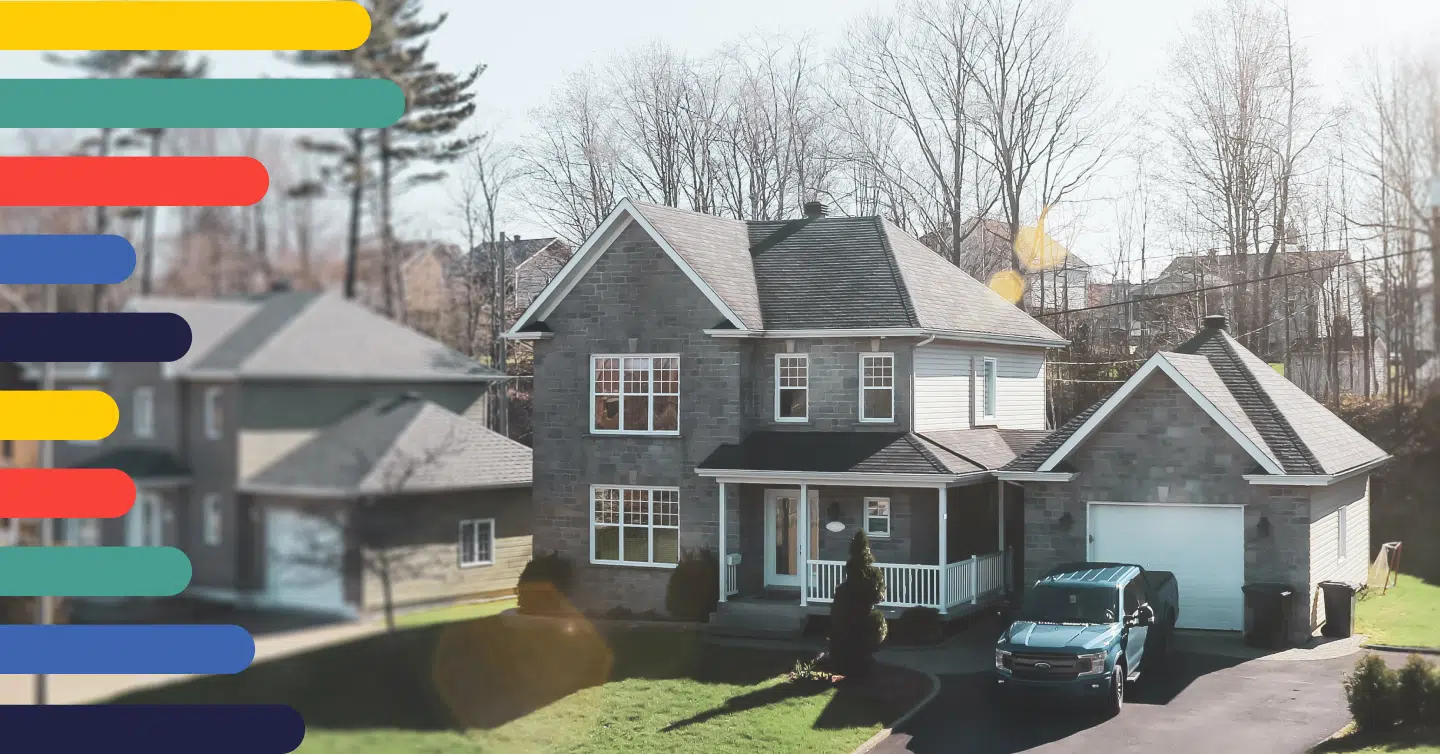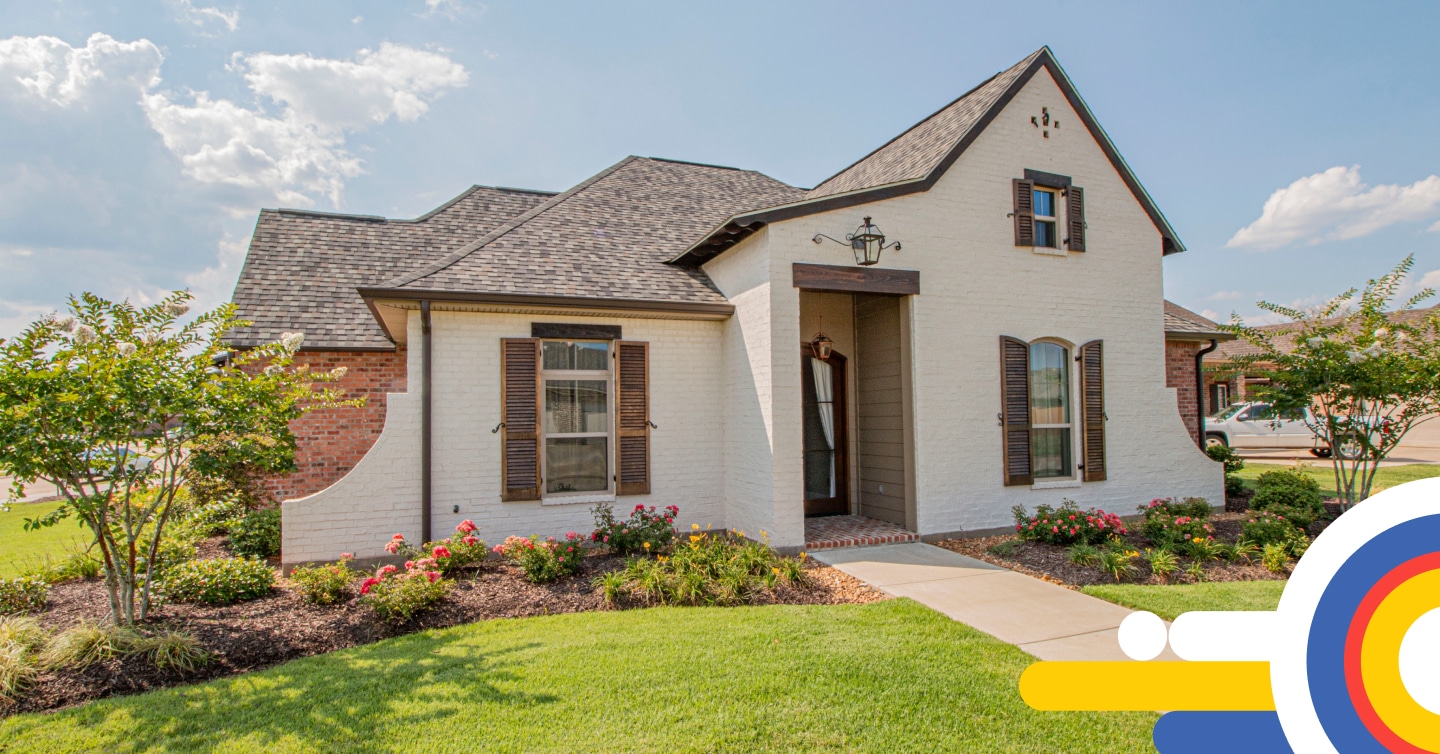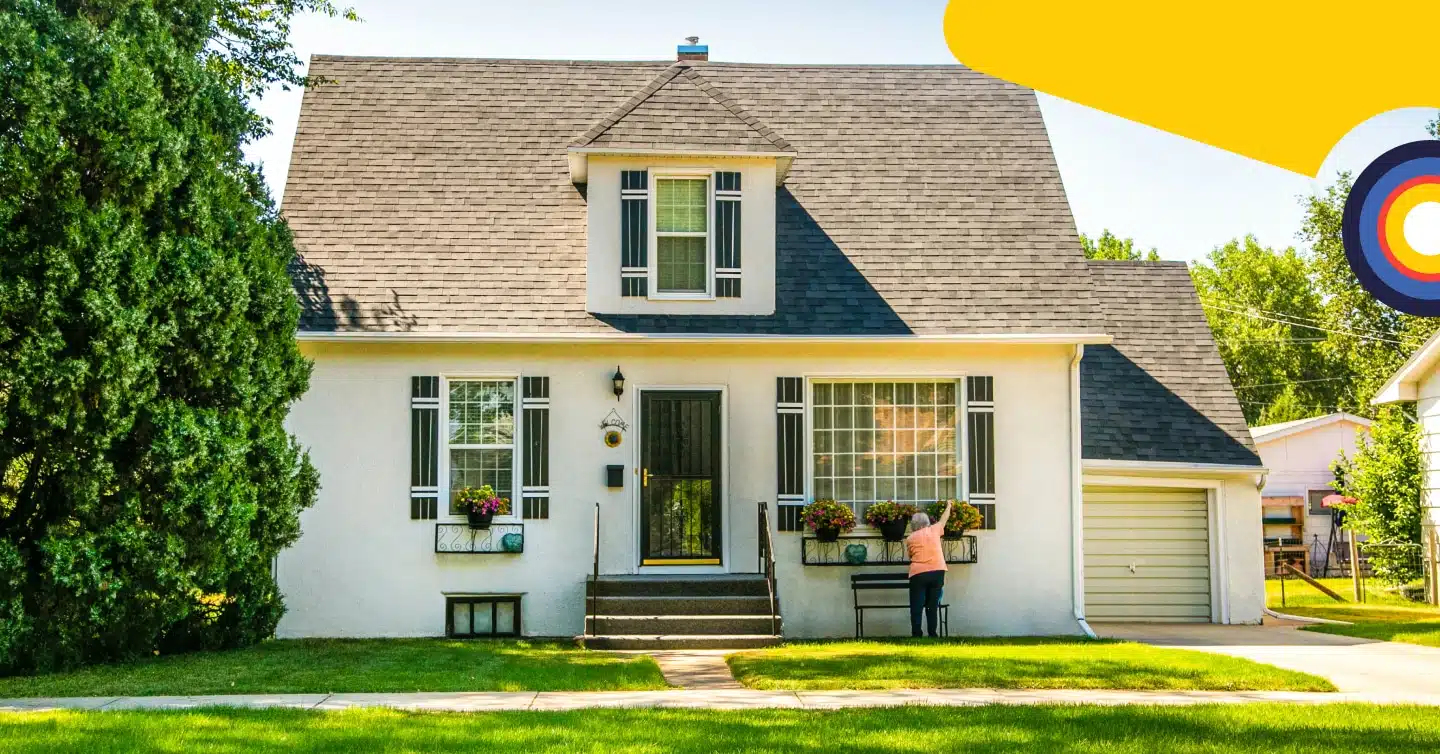Homebuyer’s Guide from Highest to Lowest 2025 Property Taxes in Canada

Table of contents
Property taxes are a core element of homeownership in Canada, directly influencing the affordability of owning a home. These taxes support vital public services, including education, municipal transit, fire and police, infrastructure, and public safety. Understanding property tax variations by city and province can help homeowners and homebuyers make financial decisions best suited to their needs. We’ll uncover the provinces with the highest and lowest property tax rates in 2024, explore the factors that shape these rates, and discuss their impact on homeownership costs.
Key Takeaways
- Property tax rates vary across Canada based on local municipal needs and property values, ranging from under 0.3% in some areas to over 2% in others.
- High-value and more densely populated markets, such as those in British Columbia and Ontario, often have lower tax rates. Meanwhile, provinces with lower home prices and populations, like Manitoba and New Brunswick, tend to have higher rates.
- Understanding property tax rates is essential for budgeting and calculating homeownership costs, especially in markets with fluctuating property values.
What Are Property Taxes?
Property taxes are annual taxes levied by municipal governments on real estate. These taxes are based on the assessed value of a property and the local tax rate set by the municipality. Property tax revenue funds essential community services, including:
- Road maintenance and repair
- Snow removal and waste management
- Public schools and libraries
- Police, fire, and emergency services
How Are Property Taxes Calculated?
Municipalities multiply the property’s assessed value by the tax rate to determine your property taxes. For instance, if your home is valued at $500,000 and the tax rate is 1%, your annual tax bill would be $5,000.
For example, annual property tax = $500,000 x 0.01 = $5,000 final property tax bill
2024 Property Tax Rates In Canada | Highest to Lowest by City and Province
| City | Tax Rate (%) | Average Home Price | Average Property Tax | |
|---|---|---|---|---|
| Manitoba | Winnipeg | 2.64 | $361,400 | $4,293* |
| New Brunswick | Saint John | 1.79 | $337,600 | $6,043 |
| Prince Edward Island | Charlottetown | 1.67 | $375,600 | $6,273 |
| Ontario | London | 1.42 | $608,500 | $8,641 |
| Ontario | Hamilton | 1.33 | $820,800 | $10,917 |
| New Brunswick | Fredericton | 1.33 | $328,100 | $4,364 |
| Saskatchewan | Saskatoon | 1.34 | $321,000 | $3,441** |
| Nova Scotia | Halifax | 1.12 | $539,200 | $6,039 |
| Saskatchewan | Regina | 1.36 | $402,600 | $4,380** |
| Ontario | Ottawa | 1.07 | $639,500 | $6,843 |
| Alberta | Edmonton | 0.94 | $396,800 | $3,730 |
| Newfoundland | St. John’s | 0.91 | $365,300 | $3,324 |
| Quebéc | Quebec City | 0.88 | $368,400 | $3,242 |
| Ontario | Mississauga | 0.82 | $1,048,800 | $8,600 |
| Ontario | Toronto | 0.72 | $1,060,300 | $7,634 |
| Alberta | Calgary | 0.66 | $577,700 | $3,813 |
| Quebec | Montreal | 0.59 | $544,300 | $3,211 |
| British Columbia | Victoria | 0.44 | $1,172,200 | $5,158 |
| British Columbia | Vancouver | 0.28 | $871,700 | $2,441 |
Provinces with the Lowest Property Tax Rates
British Columbia
British Columbia is known for the country’s lowest property tax rates. For example, Vancouver’s property tax rate is approximately 0.28%. While this may sound appealing, high property prices often offset the benefits of low tax rates. For instance, a $1,000,000 home in Vancouver would still have a tax bill of $2,800 annually.
Ontario
Ontario offers similarly low tax rates in many regions. Toronto, for instance, features a property tax rate of roughly 0.72%. On a $1,000,000 home, this equates to $7,200 annually, making it a desirable option for urban buyers looking to save on annual taxes.
Alberta
Alberta also enjoys competitive tax rates. Cities like Calgary and Edmonton have average rates of less than 1%. The combination of lower property taxes with relatively affordable home prices makes Alberta an attractive destination for families and first-time homebuyers.
Provinces with the Highest Property Tax Rates
Manitoba
Manitoba’s property tax rates are among Canada’s highest, around 2.64% in Winnipeg. On a $1,000,000 home, the tax burden would reach $11,880* annually. Despite the high rate, Manitoba’s relatively low property values and only 45% property value inclusion on property taxes for residential properties rate can help offset these costs.
New Brunswick
New Brunswick has Canada’s highest property tax rates, exceeding 1.7% in some municipalities. For a home assessed at $300,000, homeowners could face annual taxes of $5,100. However, lower property values in this province help balance the overall cost of homeownership.
Saskatchewan
Saskatchewan follows closely with tax rates exceeding 1% in certain cities. However, homeowners benefit from affordable home prices and an 80% property value inclusion for the property taxes for residentially zoned properties, which keeps the actual tax bill manageable. For an assessed home at $350,000, homeowners in Saskatchewan would be on the hook for $4,340**.
We’re curious…
Factors Influencing Property Tax Rates
Several factors shape property tax rates across Canada:
- Municipal Budgets: Local governments determine tax rates based on their funding needs for infrastructure, education, and public services.
- Property Assessments: Properties are periodically assessed to determine their market value, which is then used to calculate taxes.
- Provincial Regulations: Provincial policies and funding allocations influence how municipalities set and adjust tax rates.
- Population Density: Urban centres with higher populations and service demand may see lower tax rates but higher overall tax bills due to property values.
How Property Taxes Affect Homeownership Costs
Property taxes are a significant component of homeownership costs, influencing affordability and financial planning. When purchasing a home, buyers must consider the tax rate and the property’s assessed value to gauge the long-term homeownership costs.
- A low tax rate in a high-value market like Vancouver might cause a higher tax bill than a higher tax rate in a city with lower property values. For example, a million-dollar home in Vancouver has the same annual property taxes as a $236,000 home in Winnipeg.
- Lenders factor property taxes into affordability calculations, which can influence the size of the mortgage for which you qualify. Typically, each $600 in monthly household carrying costs lowers your mortgage qualifying amount by $50,000.
Tips for Managing Property Taxes
- Understand Local Rates: Research the property tax rates in the municipality where you plan to buy. Websites like municipal government portals publish this information.
- Check for Exemptions: Many provinces offer property tax rebates or exemptions for seniors, veterans, people with disabilities and first-time homebuyers. Check your local eligibility requirements.
- Appeal Assessments: If your property has been over-assessed, you can appeal with your local assessment office to reduce your tax bill.
High interest rates got you stressed?
Find your low rate refinance with nesto today
Frequently Asked Questions (FAQ) on Highest to Lowest Property Taxes by Province
Do property tax rates vary by municipality?
Yes, property tax rates are set by municipalities and can vary widely even within the same province. Rates depend on local budgetary needs and policies.
Can I pay property taxes monthly?
Many municipalities allow property owners to pay taxes in instalments, either monthly or quarterly, to facilitate budgeting. Your mortgage lender may permit your property tax to be collected in installments alongside your regularly scheduled monthly mortgage payments and then paid to the municipality on your behalf.
Are property taxes higher for rental properties?
Some provinces charge higher property tax rates for non-owner-occupied properties, like rental properties. Some cities, like Ottawa and Toronto, even levy a vacant home tax. Check with your municipality for specific rules.
Final Thoughts
When buying a home in Canada, property taxes are a critical consideration that can impact your overall budget. These taxes vary by province and municipality, and understanding the local rates and any additional levies is essential for effective financial planning. Since property taxes are based on your home’s assessed value, they can change over time, depending on market conditions or property improvements. This makes it necessary to factor these potential fluctuations into your long-term budget.
Choosing the right mortgage and property taxes is a crucial step in homebuying. With so many different mortgage solutions available, it can be challenging to determine which best fits your financial goals. Consulting with experts is a good idea for confidently navigating property taxes and mortgage decisions.
Contact nesto mortgage experts today to receive personalized advice and ensure you make suitable homeownership and mortgage strategy decisions.
Why Choose nesto
At nesto, our commission-free mortgage experts, certified in multiple provinces, provide exceptional advice and service that exceeds industry standards. Our mortgage experts are non-commissioned, salaried employees who provide impartial guidance on mortgage options tailored to your needs and are evaluated based on client satisfaction and advice quality. nesto aims to transform the mortgage industry by providing honest advice and competitive rates using a 100% fully digital, transparent, seamless process.
nesto is on a mission to offer a positive, empowering and transparent property financing experience – simplified from start to finish.
Contact our licensed and knowledgeable mortgage experts to find your best mortgage rate in Canada.
Ready to get started?
In just a few clicks, you can see our current rates. Then apply for your mortgage online in minutes!















